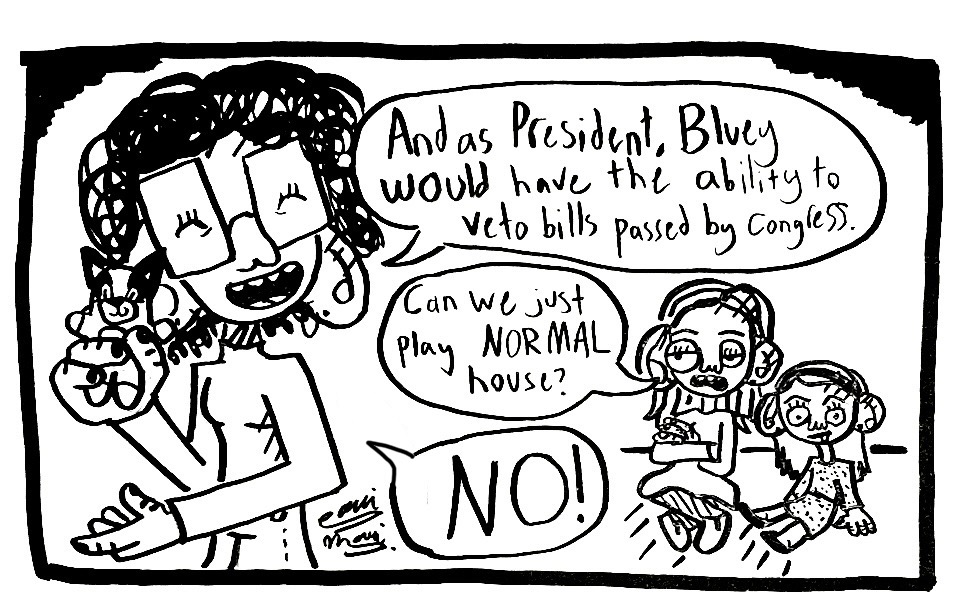In high school, reading “the classics” – old books that remain noteworthy due to their educational value – was a dominant part of the literature and English classes I took. On top of our curriculum, my school provided a list of classic books for us to read on our own time. Now that textbooks are the usual reading assignments in my college courses, I wish GW gave out classical reading lists for students to use outside of class.
Students should be receiving well-rounded liberal arts educations before taking jobs or entering graduate programs. To make sure that students are enriched and inspired by classical texts, the Columbian College of Arts and Sciences should set requirements for classical reading or at least provide literature suggestions. Students should be encouraged to keep reading remarkable writings from throughout history, regardless of their majors or fields of study.
Classics tend to be books by authors from before the common era to the 20th century, and the genre ranges from epics to classic literature. Some examples are “The Decameron” by Giovanni Boccaccio and “The Grapes of Wrath” by John Steinbeck. Classics reflect on or question societal norms and shape the way future authors write. For example, “The Decameron” is a collection of stories during the Renaissance period that provides vivid accounts of life in 14th century Europe – students can’t get that from a generic history textbook.
Adding a suggested reading list of classics doesn’t mean professors would stop requiring students to read textbooks and nonfiction. Textbooks and scholarly articles are still the best resources for students to learn about most course material and its application to real life. But if students also read classic books, they can learn about the origins of important ideas – like the definition of justice from Plato’s “Republic” or the initial conception of government from Thomas Hobbes’ “Leviathan.” Many textbooks already include excerpts or paraphrased versions of key concepts from classic works, so students might as well read the originals. Reading classic books would help students analyze and interpret original and historical texts, which could help generate class discussions or research topics.
GW could create a voluntary program based on Columbia University’s mandatory core requirements and courses – which requires students to read books like “Divine Comedy” and “The Iliad.” By taking part in this program, students at GW could write essays on classic books from the list in exchange for credit in a Writing in the Disciplines course or a certificate of honors in a liberal arts education. Adding this set of optional general education requirements would enhance students’ reading and comprehension skills. These skills are vital to a liberal arts education because strong reading and comprehension skills will stick with students through life and can be applied to any work environment.
If shifting general education requirements is too drastic for CCAS, officials could start by providing a classics reading list compiled by various departments’ faculty members, which would be distributed over the summer. That way, incoming freshmen can start reading some of the books before they arrive at GW, and current students could access the books at Gelman Library. This system would promote a more comprehensive liberal arts atmosphere at GW.
Reading classic books on top of the required textbooks for class probably isn’t something every single student will want to do. But by giving students a voluntary program like this, GW can offer students another opportunity to further enhance their liberal arts educations.
Marx Wang, a freshman double-majoring in political science and philosophy, is a Hatchet opinions writer. Want to respond to this piece? Submit a letter to the editor.


